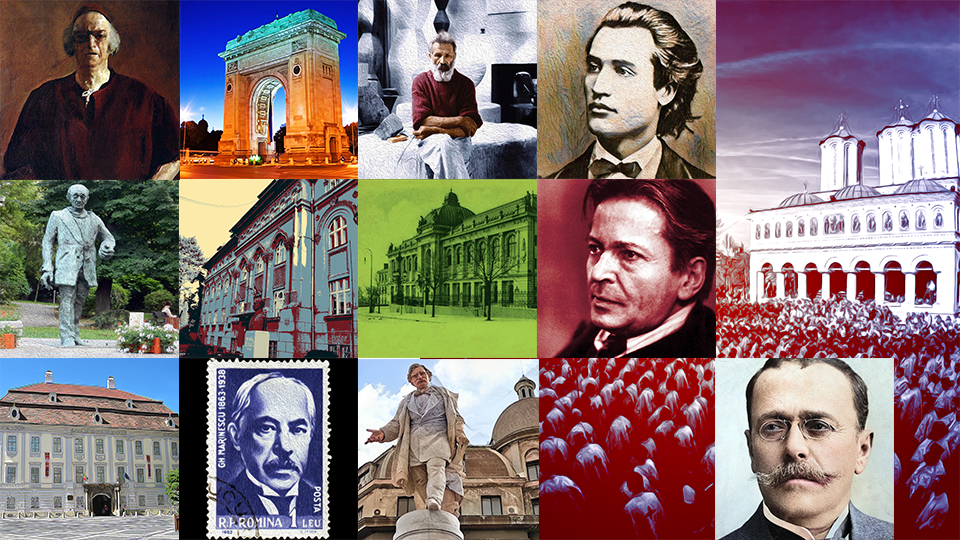David Mitrany and the theory of functionalism
A Romanian-born academic found himself close to the international centres of power in early and mid-20th century.

Christine Leșcu, 17.12.2023, 14:00
At
the start and middle of the 20th century, an intellectual
of Romanian origin was close to the international centres of power
and decision-making that decided the fate of the international
relations at the time and drew the map of Europe. His name was David
Mitrany and was born in January 1888 in Bucharest into a Jewish
family. In 1908 he graduated from the High School of Commerce in
Bucharest and after his military service he emigrated. He first went
to Hamburg, where he studied for three years, and then travelled to
the capital of the United Kingdom, the home of what was to become the
famous London School of Economics. Apart from economics, Mitrany also
studied there sociology and social sciences. In 1918, he got his
degree, followed by his PhD in 1929. At the time Mitrany was focused
on the study of nationalism and social reform. The outbreak of WWI
would make him change his view on these themes.
Professor Paul Dragoș
Aligică tells us more about Mitrany’s professional trajectory:
He emerged sometime during the First World War, in association
with the British intelligence services, operating in south-eastern
Europe, and then reappears in the context of the Versailles Peace
Conference and his support for Romania during the peace talks, after
which he is associated with The Manchester Guardian. When the
Institute for Advanced Study was created at Princeton, he was the
social sciences’ counterpart of Einstein, with whom he was friends
and had intense conversations. […] We later find him associated
with the Foreign Office. Moreover, he worked for the special entity
created by Churchill during WWII at Oxford to channel the Empire’s
strategic thinking effort. So, there was this entity in Oxford of
which he was a part and which was working directly with the war
cabinet, not with the ministry and not with the government.
David Mtrany worked at Princeton University
from 1933 until 1958, but also collaborated during this time with British
universities, especially during the war. From 1944 until 1960 he was advisor to
Unilever on international affairs. In 1957 he contributed to the creation in
the British political system of a new institution specific to the Scandinavian
system, that of Ombudsman. In the post-war years, he was involved in efforts to
devise and create a new pan-European alliance that would later become the
European Union. Professor Paul Dragoș Aligică explains:
He was involved in the creation of a
new post-war European system, contributing directly together with the founding
figures of the European Union. His functional theory in politics provided the
structure and the conceptual and theoretical framework that shows us there is
an alternative idea to how economies, societies and institutions can become
integrated within a European context. […] He lost, however, to the federalist
theory with respect to the European Union.
David Mitrany came up with the
alternative to federalism, which was functionalism, an idea that was already
circulating at the time, but which he saw in relation to the new European
system of international relations. Although he was a supporter of a global
community, he did not believe that federalism was the solution, but the
creation of international agencies that would cooperate in specific areas. His
functional approach aimed to go beyond borders through a natural growth of
common activities and common administrative agencies and implied the transfer
of part of economic sovereignty to these agencies. The federalist approach won,
but David Mitrany remained an important voice in international relations until
his death. While he was around 80, for example, he made a tour of three big
American universities, Harvard, Yale and Columbia, and around the same time he
gave conferences and talks and televised interviews. He died on 25th
July 1975, having published one last book on the functionalist alternative.





























